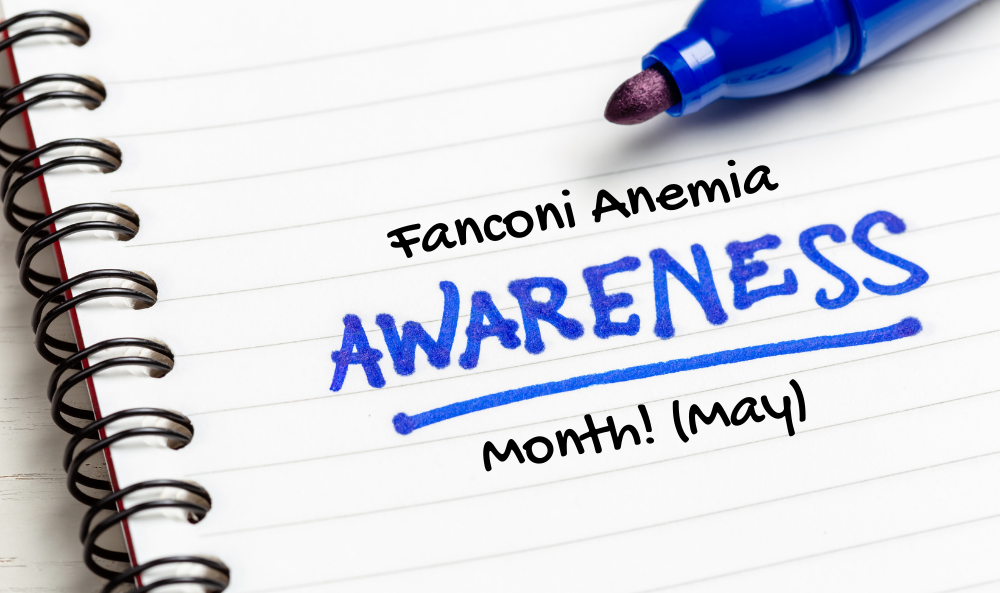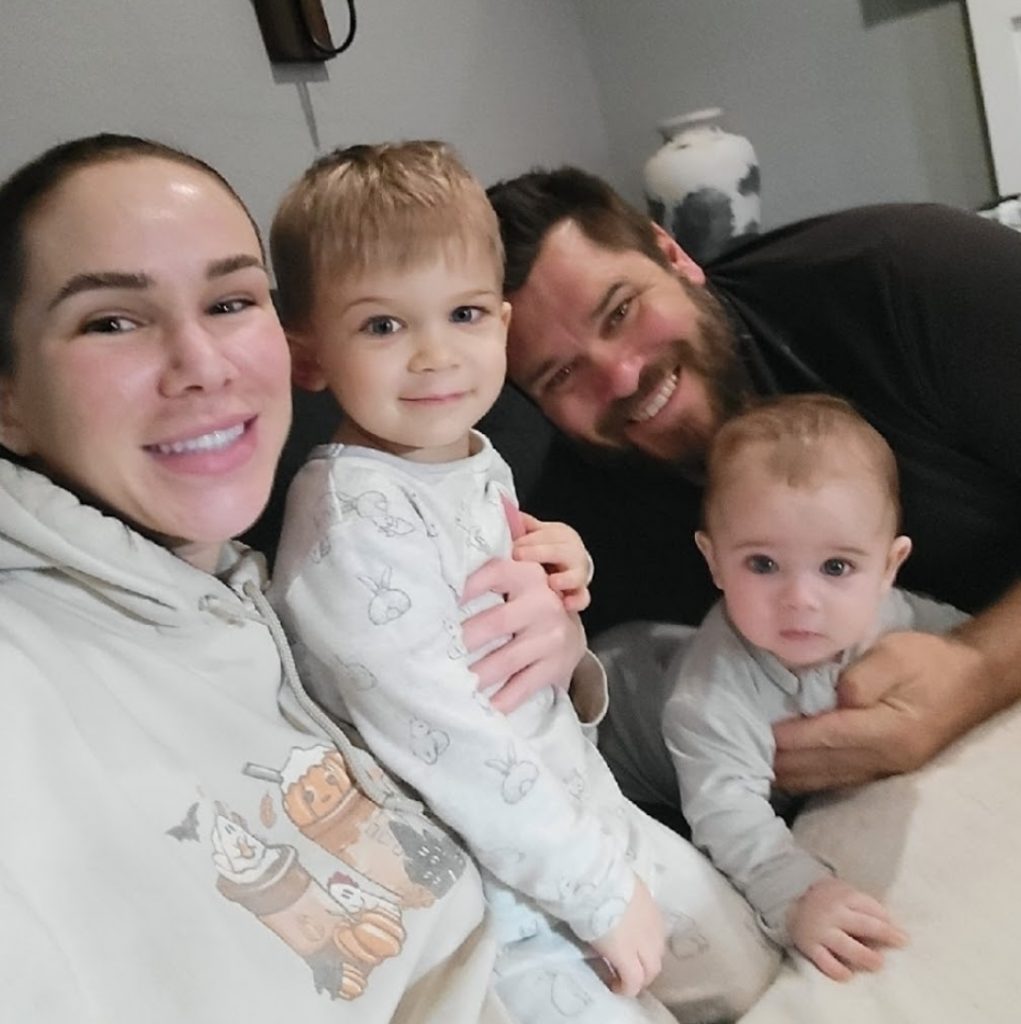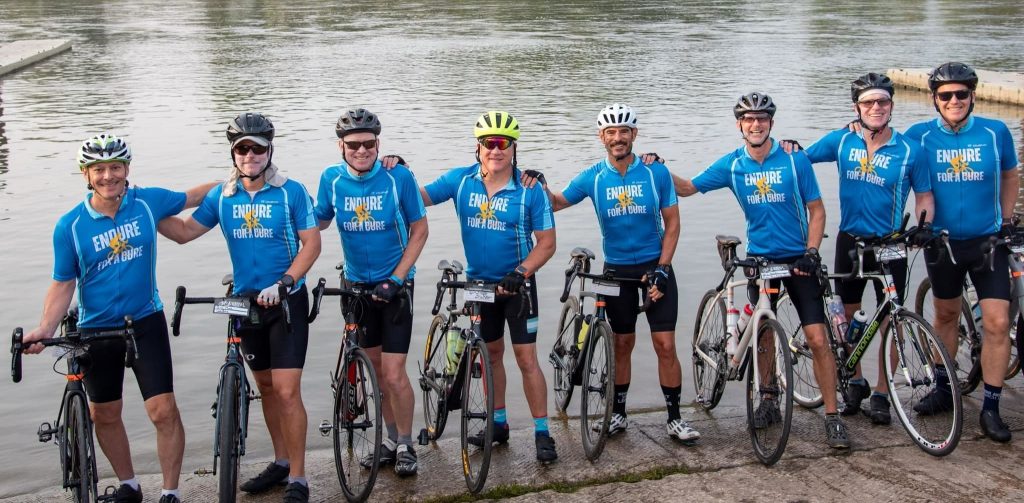There’s nothing quite like the fierce determination of parents who have a child affected by Fanconi anemia. Our founders had three daughters with FA and to this day, the majority of our funding comes from FA family communities. One such family community from Colorado has been working on this cause for nearly 20 years and has raised an outstanding $3.1 million for FA research.
Stories, Fundraising








